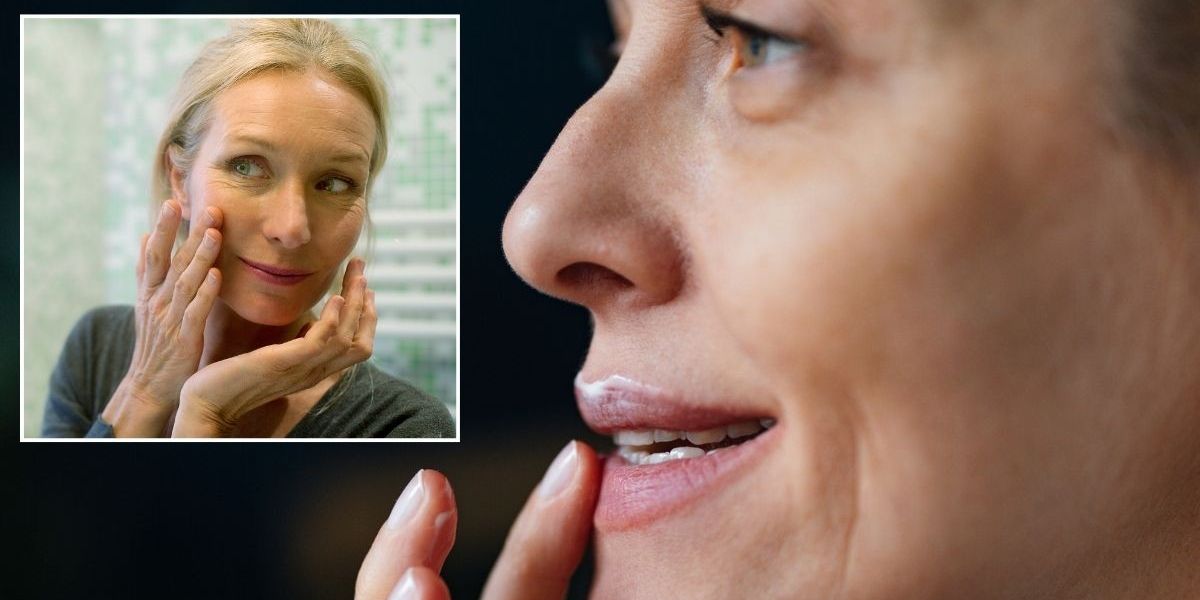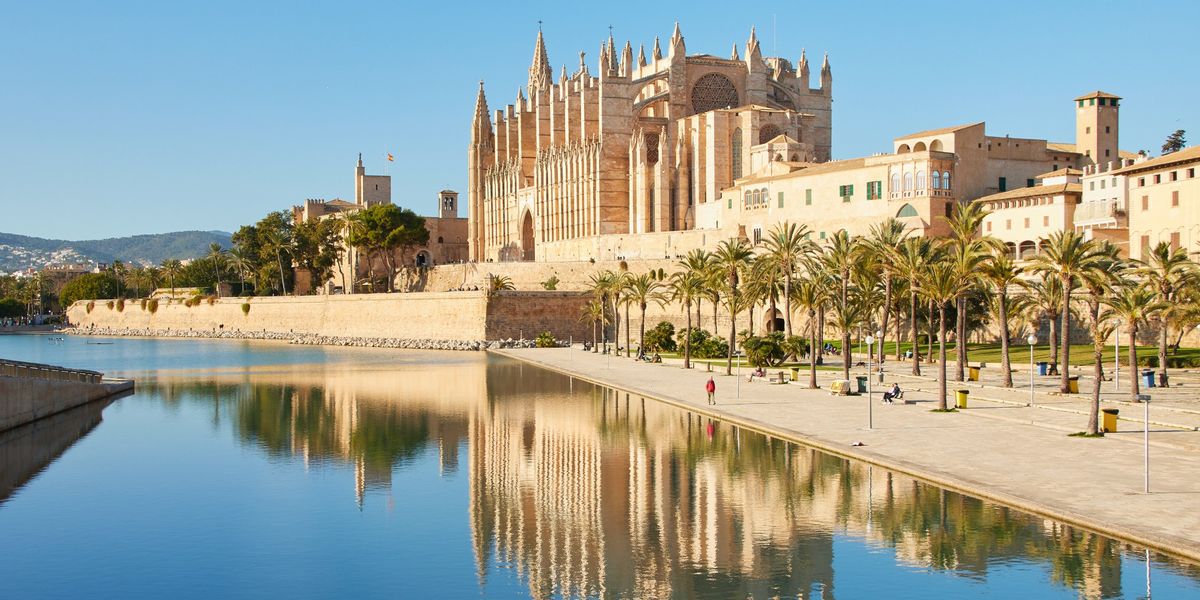A major car brand has revealed it will produce more petrol and diesel vehicles despite UK net zero plans and hit its own profits.
Mercedes-Benz said on Thursday it would initiate cost-cutting moves while also backing petrol and diesel cars through its new product range.
The move away from electric cars comes as the company expects to see a sharp drop in its earnings for the year as part of its rollout of petrol and diesel models.
The carmaker is expected to release 19 new combustion engine models and 17 battery-electric cars by the end of 2027 in a new wave of support for combustion engines, which have traditionally been a huge success with drivers compared to its battery-electric sales, which dropped by a quarter last year.
Do you have a story you’d like to share? Get in touch by emailing[email protected]
The car brand will roll out 19 more ICE vehicles by 2027
MERCEDES-BENZ
But the push for more petrol and diesel vehicles comes in direct opposition to the UK’s Zero Emission Mandate which requires all new car sales to be electric by 2035.
Under the plans, the UK will need at least 28 per cent of new car sales electric by this year, with car makers risking hefty £15,000 penalties per non-compliant vehicle.
Harald Wilhelm, CFO of Mercedes-Benz, said: “The strategy of value over volume remains in place – it has not been abandoned.”
He added that it would also outsource more production to China and the US in a bid to avoid potential 25 per cent tariffs being threatened by President Donald Trump on all vehicle imports from April.
The carmaker explained that the push for more petrol and diesel cars comes as the global market interest in electric vehicles remains too low, with the switch back to ICE vehicles hoping to help raise much-needed funds.
“Luxury and China simply isn’t working, and both are vital to the Stuttgart-based car manufacturer’s business success,” investment strategist Jürgen Molnar at brokerage RoboMarkets told Reuters.
Mercedes is the latest car brand to back petrol, following behind Porsche, which is also set to expand its petrol car range this year. It comes as Renault revealed last year that it would massively reduce its EV commitments after seeing the impact on sales.
Renault instead decided to focus on hybrid vehicles, with its CEO Fabrice Cambolive explaining that it was “the easiest way to have low-consumption cars and to prepare our customers to go to EVs”. On top of backing petrol and diesel cars, Mercedes-Benz said it will also aim to cut production costs by 10 per cent by 2027 before doubling the amount by 2030.
LATEST DEVELOPMENTS:
The German car brand saw car sales slump last year despite it offering more electric vehicles
MERCEDES-BENZ
However, while cost cuts remain in play, the car manufacturer did note it has no plans to shut down its production plants in Germany but instead will shift production to one of its plants in Hungary which has 70 per cent lower costs.
Ola Kaellenius, Chief Executive Officer of Mercedes-Benz Group added: “To ensure the company’s future competitiveness in an increasingly uncertain world, we are taking steps to make the company leaner, faster and stronger, while readying an intense product launch campaign for multiple new vehicles starting with the all new CLA.”
Official reports found that sales dropped 30 per cent in 2024 with its car division taking a 40 per cent hit. This was primarily due to slumps in sales across key markets in China and Germany.










